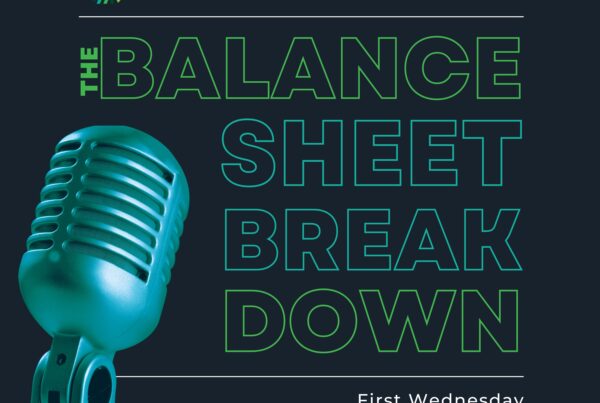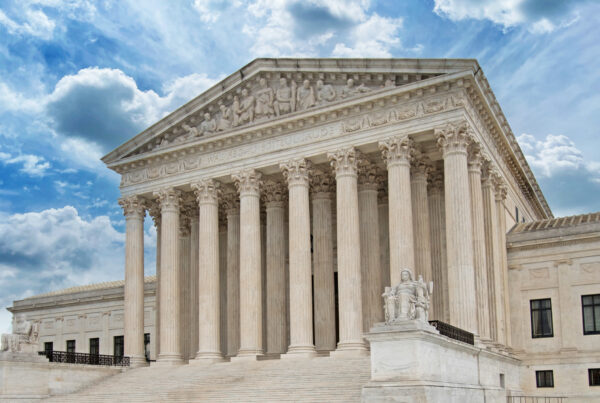The Urban Enterprise Zone (UEZ) Reform Bill was signed into law recently after a re-evaluation requested by the New Jersey Legislature back in 2018. This is related to the concerns of the program’s future, with changes effective for the 2022 fiscal year.
Originating in 1983, the UEZ Program Authority was created to foster an economic climate that revitalized designated urban communities. This also includes stimulating their growth influenced by business development and job creation through means of public and private investment. The UEZ Reform Bill is restoring a previous iteration of the program, which provided a dedicated funding source for local economic development in the form of a reduced state sales tax. This program will provide $42.5 million in Zone Assistance Fund (ZAF) for the 2022 fiscal year after running without a funding source for more than ten years.
Currently, there are 32 zones that are spread across 37 municipalities, which are home to approximately 7,267 UEZ-certified businesses. In recent legislation, the legislature and Governor Phil Murphy had recognized the value of the program and extended the program with a current expiration date between 2023 and 2025 for all UEZs depending on their start date.
Highlights of the new legislation:
- Creates a new process for developing a zone development plan under a five-year life.
- Requirement for an updated preliminary zone development plan for municipalities with plans exceeding a life of five years old or older.
- Under the creation stage, each UEZ must consult with representatives of diverse statewide or regional business organizations that represent the interests of minority businesses.
- Currently designated UEZs can retain UEZ designation for 10 years.
- Business-to-business sales tax exemption capped at the first $100,000 of purchases.
- 10-year limit on UEZ business certification.
- Businesses certified prior to the effective date of the bill will lose certification at the end of the tenth state fiscal year following the effective date of the bill.
- New Zone Assistance Fund (ZAF) allocation formula – 50% weight to Municipal Revitalization Index (MRI) Distress Score, the average number of unemployed persons in each UEZ municipality, and the number of commercial and industrial parcels and 50% weight to gross taxable sales subject to reduced UEZ sales tax.
- 25% cap on Zone Assistance Fund (ZAF) use for public safety expenses.
- 10% cap on ZAF Fund use to cover administrative expenses.
- Initial $42.5 million ZAF appropriation from the General Fund.
- Total ZAF funding capped at $82.5 million (increases annually in line with the Consumer Price Index (CPI).
Under the new law, the UEZ Authority Board at DCA will take on the following responsibilities:
- Conduct an annual review at the end of the state fiscal year of each local UEZ’s use of ZAF funds.
- Prepare an annual report that must include the number of participating businesses, unemployment rate, median household income, and a number of jobs in each UEZ.
- Enter an MOU with the New Jersey Department of Labor and Workforce Development to assist in data gathering and information sharing to further the UEZ Authority’s ability to evaluate UEZ performance, compliance, and initiate enforcement actions.
- Work with the Division of Local Government Services in DCA to prepare regulations, policies, or procedures to implement requirements for municipalities to place their Zone Assistance Fund allocations in segregated UEZ trusts.
If you have any questions regarding this or any other tax topic, please contact your WilkinGuttenplan advisor.




